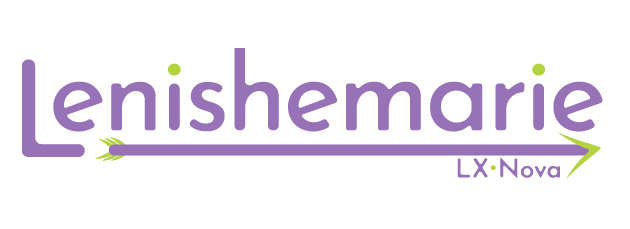In recent years, rising theft in NYC has led retailers to lock up products, causing profit losses and frustrating consumers. While necessary for security, this practice is inconvenient for shoppers and staff, leading to profit-loss, and longer waiting times, which results in sales loss and customer dissatisfaction. This project envisions a security and customer experience company that collaborates with retailers to implement innovative, technology-driven solutions that balance theft prevention with seamless shopping.
Syntax is a security and customer experience company designed to help retailers balance theft prevention and seamless shopping. The Syntax app introduces two key solutions: tap-and-go and self-service product unlocking, allowing customers to access products quickly while maintaining security. By integrating a mobile app, AI-assisted self-checkout, a product-unlocking tablet, and a card vending machine, Syntax streamlines the retail experience, reducing frustrations for shoppers and staff.
Retail theft has surged in New York City, forcing many retailers to lock up products as a precaution against profit losses. Recent headlines have brought attention to this issue, highlighting the inconvenience it creates for shoppers. Customers must wait for staff assistance to access everyday essentials like toiletries, electronics, and household goods. This has led to frustration, pushing many shoppers toward stores that don’t lock up products or choosing the convenience of online shopping.
For retailers, this security measure poses different challenges. Failing to secure some items leads to significant inventory loss, but locking up merchandise discourages potential buyers who don’t want the hassle of requesting assistance or waiting an uncertain amount of time. While product security is necessary, the widespread practice of locking up items presents long-term challenges for retailers and shoppers, making it clear that a more balanced solution is needed.
I created a survey based on my research and identified consumer pain points related to locked-up products. The survey gathered quantitative and qualitative data to explore various aspects of the shopping experience. Some key questions focused on whether respondents’ shopping habits had changed, if they had encountered locked-up products, and whether they now prefer shopping in person or online. Other questions addressed the process of unlocking products, how long customers waited for assistance, and their overall checkout experience, among other related questions. These questions were designed to capture a complete picture of how locked-up products impact consumer behavior.
The survey findings revealed valuable insights into the challenges consumers face with locked-up products. For instance, many respondents reported that long wait times for unlocking products or lack of staff availability negatively affected their shopping experience, leading some to shift toward online shopping or stores with fewer locked-up items. This feedback highlights how product security measures, while necessary, can create frustrations that impact customer satisfaction and influence their shopping choices.
As part of the research process, I created a MoSCoW map to prioritize the app’s features, looking for a balance between security and a seamless shopping experience. This helped determine which functionalities were essential. Additionally, I developed a customer journey map to analyze the typical shopping experience and identify key friction points. The research revealed that customers were frustrated with long wait times for staff assistance, leading many to abandon in-store shopping for more convenient alternatives. These insights directly informed the app’s design, leading to a streamlined, intuitive system that improves product accessibility while maintaining security.
Syntax addresses these challenges with two innovative solutions. One option is an integrated system where customers can unlock products themselves using a tablet on the store shelves, combined with an app they download on their phones. This approach benefits both the consumer, who no longer needs to wait for staff assistance, and the company, as the app collects customer information, adding an extra layer of security to help prevent theft.
In addition to making the shopping experience easier, the checkout will be fast and easy. The checkout system will allow the shoppers to simply place their items on the table, with the help of AI the system will automatically scan the items placed and allow the customer to pay, eliminating the hassle of scanning errors and waiting for assistance.
The second solution offered by the Syntax system is a tap-and-go technology that allows consumers to use their cards to enter the store, with Syntax securely storing their information. For those without access to bank accounts or who prefer not to use their cards, Syntax provides its own cards, available at vending machines near the store entrance. Once inside, customers can shop freely and walk out of the store when finished shopping, eliminating the need for checkout lines. Their method of payment is automatically charged, creating a seamless and convenient shopping experience for all.
